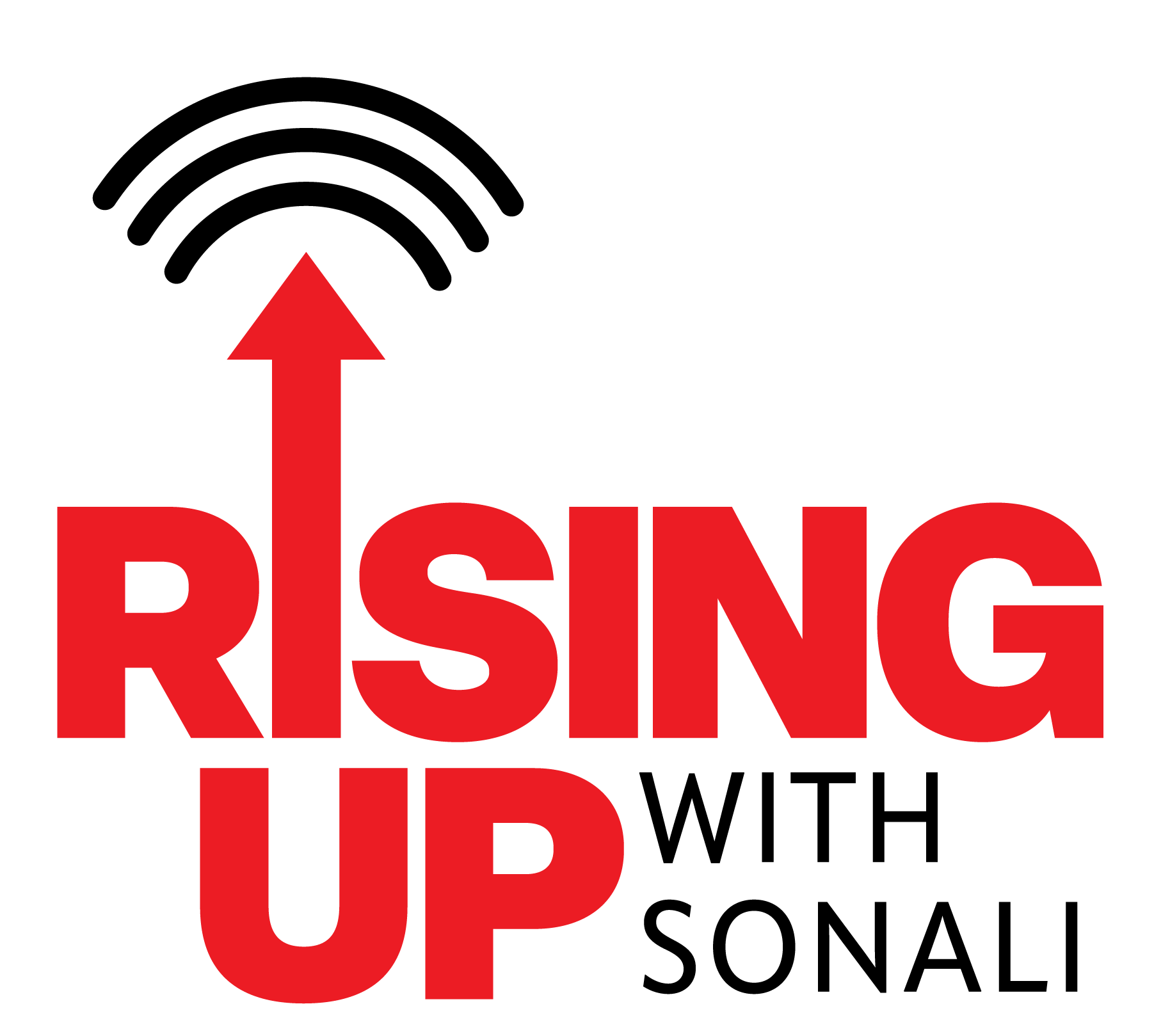What Assange’s Arrest Means for Press Freedom
Listen to story:
Download: mp3 (Duration: 23:03 — 21.1MB)
FEATURING ALEXANDRA ELLERBECK – Ecuador’s President Lenin Moreno has accused Wikileaks founder Julian Assange of turning the Ecuadorian embassy in London into a center for spying. He reportedly said, “We cannot allow our house, the house that opened its doors, to become a center for spying.” Moreno has been accused of ending asylum to Assange as retaliation after Wikileaks published personal information about the President.
Assange was arrested at the Embassy by British authorities last week in preparation for extradition to the US. He had been living at the Embassy since 2012. The single charge on which US authorities have indicted him is conspiracy to break into a government computer – a charge which carries a maximum penalty of up to 5 years, and which centers around Wikileaks’ role in obtaining classified war documents from Chelsea Manning.
Assange is a controversial figure accused of rape in Sweden, hailed as a hero of press freedom among some on the left, and dismissed by others for being a tool of Russian authorities in helping President Donald Trump win the 2016 election. Regardless, the basis of his arrest has worried advocates of press freedom.
Read Alexandra’s article HERE.
Alexandra Ellerbeck, North America program coordinator with the Committee to Protect Journalists, previously worked at Freedom House and was a Fulbright teaching fellow at the State University of Pará in Brazil. She recently co-wrote an article with Avi Asher-Schapiro called Why the prosecution of Julian Assange is troubling for press freedom.
